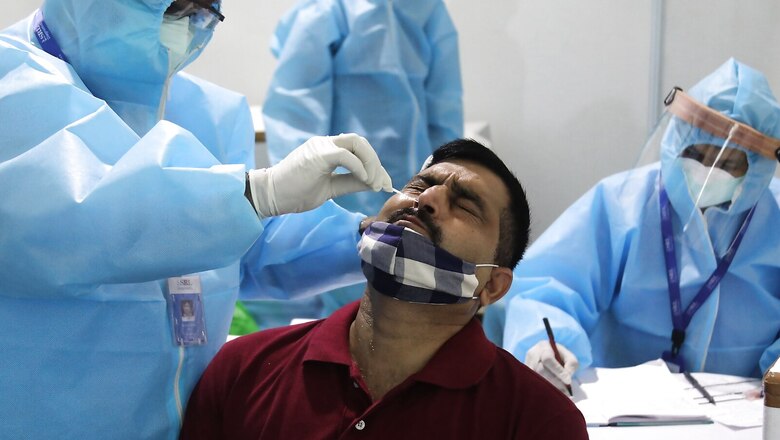
views
Doctors and healthcare providers are at high risk of stress because of the physically and emotionally demanding nature of their job. Prolonged exposure to stress can lead to burnout which can affect the doctor’s health, their practice as well as their patients.
These high level of stress can put them at risk of mental illnesses, inability to function properly, substance abuse, and suicide. Being a doctor is a rat’s race as they are constantly exposed to stressors. Their work environment is highly competitive. Doctors have to keep themselves abreast of the times as technology and medical knowledge keep advancing and changing.
The root causes for their stress can be lack of sleep, night calls, long working hours which means less time for self or family or for leisure, poor pay, unhealthy food habits etc.
“Confronting Health Worker Burnout and Well-Being”, the article suggests that the medical system should ensure timely pay and access to health insurance for the doctors. Reducing the administrative work will help the doctors focus more on the patients. One study found that in addition to spending one to two hours doing administrative work, outpatient doctors spend nearly two hours on the health record and desk work.
Increasing the access to mental health for health-care providers will give them the time to care for themselves too and help them in stress management.
These are the few useful tips that can help with tackling stress as a doctor:
Look out for signs of mental health, burnout or depression, as per the Royal College of Australasian of Physicians. The signs can include-
- Emotional exhaustion
- Cynicism
- A feeling of depersonalization in relationships with colleagues and/or patients
- Work engagement can contribute to vigor, higher levels of mental energy, resilience, enthusiasm for work.
- Balancing and prioritizing self including honoring oneself.
- Socializing with peers will help them feel cohesive and can give rise to healthy discussions.
- Practicing mindfulness and gratitude is equally important for doctors too.
- Meditating, resting and getting a good amount of sleep is crucial as a well-rested brain can make better decisions.
Read all the Latest News, Breaking News, watch Top Videos and Live TV here.




















Comments
0 comment